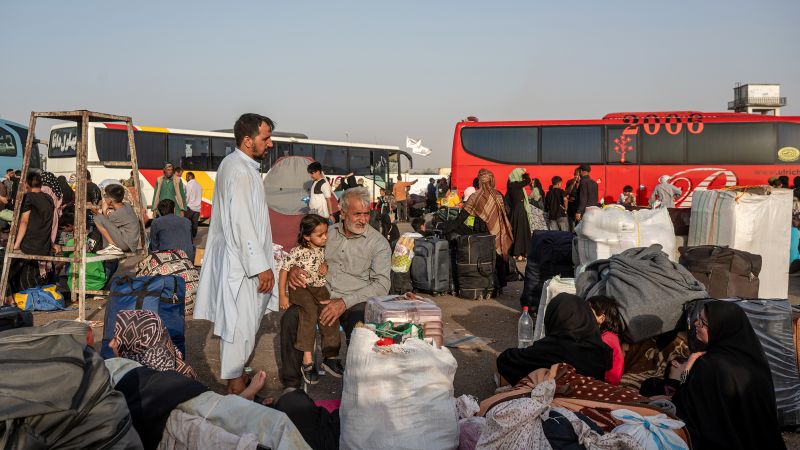Trump Threatens 10% Tariffs on BRICS Nations: Will This Spark a Trade War?

Washington, D.C. & Brasília – In a move that has sent ripples through the global trade landscape, U.S. President Donald Trump announced on Tuesday that the United States is poised to impose a 10% tariff on imports from the BRICS nations (Brazil, Russia, India, China, and South Africa). This declaration, made shortly after Brazilian President Luiz Inácio Lula da Silva hosted the BRICS summit, has already drawn criticism and raised concerns about escalating trade tensions.
The timing of Trump’s announcement is particularly noteworthy. Lula da Silva, who recently concluded a significant BRICS summit in Brazil, swiftly voiced his disapproval, highlighting the potential for retaliatory measures and a detrimental impact on the global economy. This isn't the first instance of friction between the two leaders regarding trade; Lula has consistently advocated for fairer trade practices and criticized U.S. protectionist policies.
Why the Sudden Tariff Threat?
While the specific reasons behind Trump’s decision remain somewhat opaque, analysts suggest several potential drivers. One possibility is a response to perceived trade imbalances with BRICS nations. The U.S. has long argued that certain BRICS countries engage in unfair trade practices, such as currency manipulation and intellectual property theft. Another factor could be Trump’s broader strategy of using tariffs as leverage in trade negotiations, aiming to pressure BRICS nations to make concessions on issues ranging from market access to intellectual property rights.
Impact on BRICS and the Global Economy
The potential imposition of these tariffs could have significant consequences. For BRICS nations, a 10% tariff would increase the cost of exporting goods to the U.S., potentially impacting their economic growth and employment rates. Brazil, as the host of the recent summit and a major exporter of agricultural products and minerals, is likely to be particularly affected. Russia, already facing sanctions, would experience further economic strain. India and South Africa, while less directly impacted, could still feel the effects through disrupted supply chains and reduced global demand.
Beyond the BRICS nations, the tariffs could also negatively impact the global economy. Increased trade barriers typically lead to higher prices for consumers, reduced trade volumes, and slower economic growth. The move could also trigger a retaliatory cycle, with BRICS nations imposing tariffs on U.S. goods, further escalating trade tensions and creating uncertainty for businesses worldwide.
Lula’s Response and Future Outlook
Lula da Silva has vowed to fight against the tariffs, stating that Brazil will explore all available options to protect its economic interests. He emphasized the importance of multilateralism and cooperation in addressing trade disputes, and signaled a willingness to engage in dialogue with the U.S. to resolve the issue.
The situation remains fluid, and the actual implementation of the tariffs is not yet certain. However, Trump’s announcement underscores the ongoing volatility in global trade relations and the potential for further disruptions in the years ahead. The coming weeks and months will be crucial in determining whether this trade dispute can be resolved through negotiation or whether it will escalate into a full-blown trade war, with potentially devastating consequences for the global economy.






